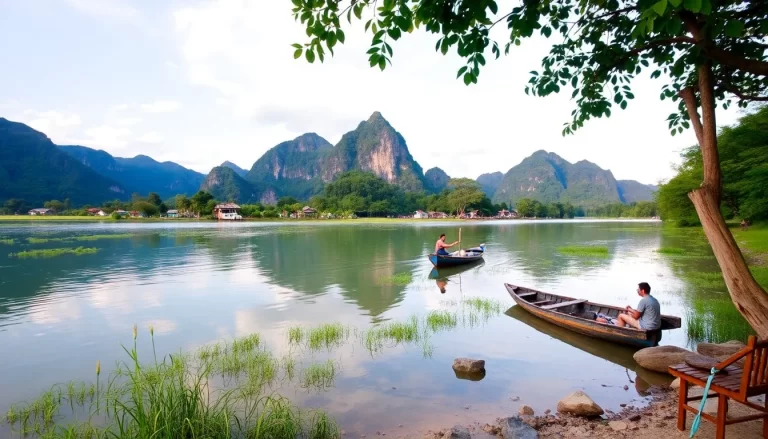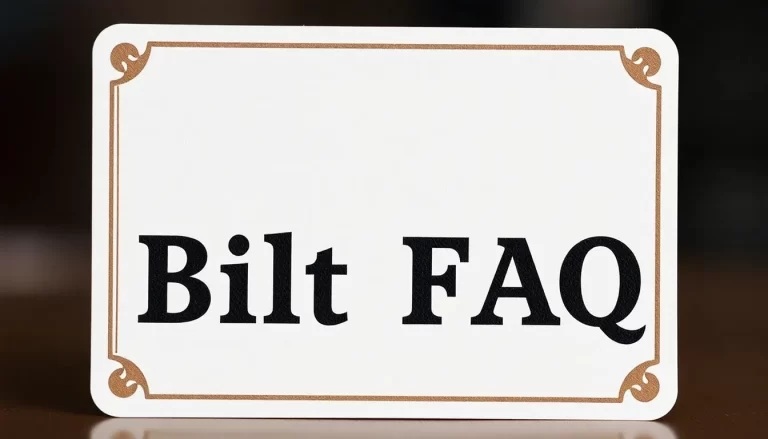Returning home after an exciting vacation can often feel like an emotional letdown. Many travelers experience what is commonly referred to as post-vacation depression, a phenomenon that goes beyond mere nostalgia. Understanding the complexities behind this feeling can help us navigate the transition from traveling back to our everyday lives.
When the vibrant experiences of travel collide with the mundane routine of home, it can create a sense of dissonance. The thrill of new adventures often clashes with the familiar environment of home, leading to an emotional struggle. If you’ve ever felt a sense of loss after returning from a trip, you’re not alone. Let’s explore the reasons behind this challenging transition, what it means for your mental state, and how to effectively cope with these feelings.
Why is coming home from vacation so hard?
Coming home can be a bittersweet experience. After the excitement of exploring new cultures, tasting exotic foods, and meeting new people, returning to the familiar can feel like a deflation of joy. Here are some reasons why this transition can be particularly difficult:
- Contrast of Experiences: The rush of travel often involves a whirlwind of new activities and sights, creating a stark contrast to the routine of daily life.
- Change in Perspective: Travel can shift your worldview, making everyday life seem less interesting or fulfilling.
- Social Disconnection: Friends and family may not fully understand your experiences, leading to feelings of isolation upon your return.
- Post-Travel Expectations: Returning home often comes with high expectations that can lead to disappointment when reality doesn’t match the excitement of travel.
These factors contribute to the emotional disconnect many feel after returning home. The vibrant life experiences gained while traveling can make everyday routines feel dull and uninspired.
What are the stages of recovery from depression?
Post-vacation depression can sometimes feel similar to other forms of depression. While recovery may vary from person to person, there are generally recognized stages that many experience:
- Denial: Initially, you may deny feeling any sadness or discomfort, brushing it off as normal.
- Acknowledgment: Eventually, you recognize that you are feeling down and that it is linked to your return home.
- Integration: This stage involves understanding and integrating your travel experiences into your current life.
- Acceptance: You come to terms with your feelings and begin to find ways to engage with your home environment positively.
Recognizing these stages can help you understand your emotional journey and validate the feelings that arise post-travel.
Why do I feel bad after coming back from vacation?
Feeling bad after returning from vacation is not uncommon. The reasons behind these feelings can be multifaceted:
- Loss of Freedom: Traveling often provides a sense of freedom that can be hard to relinquish when returning to daily responsibilities.
- Routine Shock: The abrupt shift from the novel experiences of travel back to routine can feel jarring.
- Unmet Expectations: The anticipation of returning home can lead to expectations that may not be met, leading to disappointment.
- Disconnection from Travel Friends: Leaving behind travel companions can create feelings of loneliness.
Understanding that these feelings are normal can help ease the emotional burden of readjustment.
How to keep yourself busy when you’re depressed?
Finding ways to stay busy and engaged can significantly help mitigate feelings of post-vacation depression. Here are some effective strategies:
- Stay Active: Engage in physical activities, whether it’s yoga, jogging, or attending a fitness class. Physical movement can boost your mood.
- Reconnect with Friends: Spend time with friends who share your interest in travel, or who are supportive and understanding of your experiences.
- Explore Locally: Treat your hometown as if you were a tourist. Visit local attractions, parks, or restaurants that you haven’t explored yet.
- Plan Your Next Adventure: Begin planning your next trip, even if it’s just a weekend getaway, to keep that travel excitement alive.
- Take Up a New Hobby: Engage in activities that you’ve always wanted to try, such as painting, cooking, or learning a new language.
Staying busy and engaged helps to rekindle the energy and excitement you experienced while traveling, making home feel less constricting.
Reframing Your Mindset After Returning Home
To ease the transition back to normalcy, adjusting your mindset is crucial. Here are some techniques to consider:
- Mindfulness Practices: Engage in mindfulness or meditation to help ground yourself in the present moment and appreciate your surroundings.
- Gratitude Journaling: Maintain a journal where you write about your travel experiences and the positive aspects of your life at home.
- Set New Goals: Establish personal or professional goals that excite you and offer something to look forward to.
By consciously reframing your thoughts, you can transform your experience of coming home from a negative one to an opportunity for growth.
Building a Support Network
No one should navigate the post-vacation blues alone. Building a support network is vital. Here are some ways to cultivate connections:
- Join Travel Groups: Connect with local travel groups or online communities where you can share experiences and stories.
- Attend Meetups: Look for meetups or events related to travel or your interests to meet new people.
- Share Your Stories: Find friends or family members who are interested in hearing about your trip, and share your adventures with them.
A support network can provide much-needed understanding and camaraderie, helping you to feel less isolated in your feelings.
Embracing the Journey Ahead
Post-travel depression can be a challenging experience, but it can also serve as a reminder of the transformative power of travel. Embrace the lessons learned and remember that it’s perfectly normal to feel a sense of loss after an incredible journey. By implementing these strategies, you can navigate this period with resilience and perhaps even find joy in the familiar.
Your adventures may have ended, but the journey continues. Embrace the opportunity to create new experiences at home and nurture the wanderlust that resides within you.







